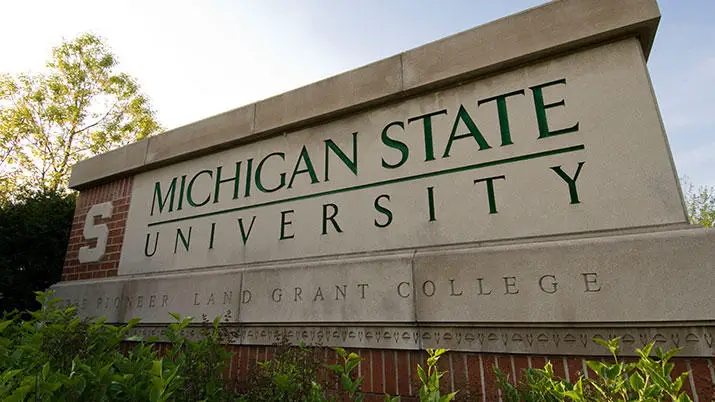Michigan State University has started an internet-based Crisis Chat for the survivors of sexual assault on its campus. The online tool, announced by MSU Sexual Assault Program, will serve as a means of providing the best care to the victims.
The research on the web-based texting service was started by the program office in 2016, leading to the development of a protocol after customizing the existing software to ensure confidentiality of the client.
“While researching ways to reach students and encourage them to seek help, we discovered that the chat function may appeal to international students, those who feel marginalized and vulnerable, and survivors who have never spoken to anyone about their sexual assault experience,” Tana Fedewa, director of the program, said.
The office is equipped with a trained staff and a team of volunteers to support and direct survivors to helpful resources.
“During the chat, survivors are not required to share any information with the advocate except what they want to. Our goal is to help reduce the negative impact of whatever the survivors are experiencing at the moment,” Fedewa added.
Every year, the program office servs more than 600 survivors by providing confidential, free individual and group therapy.



